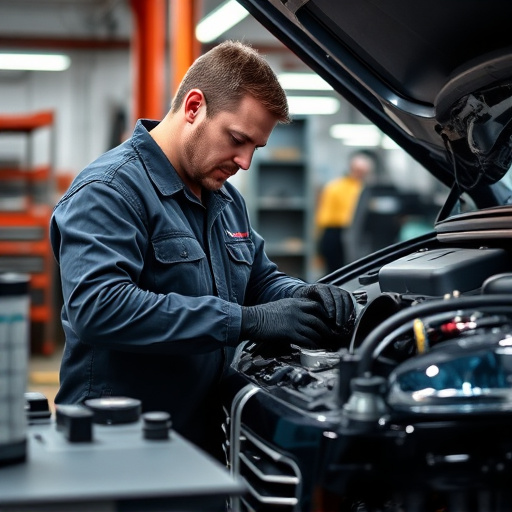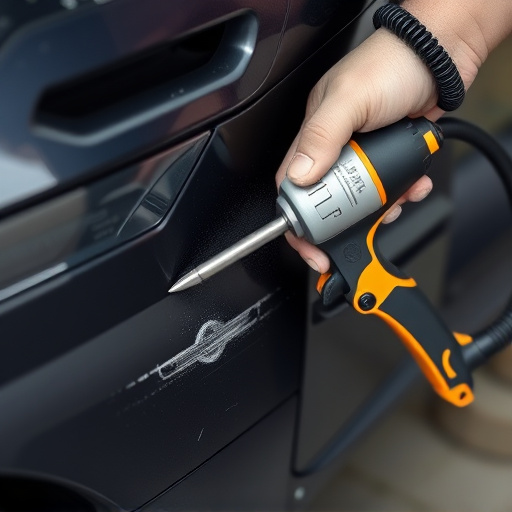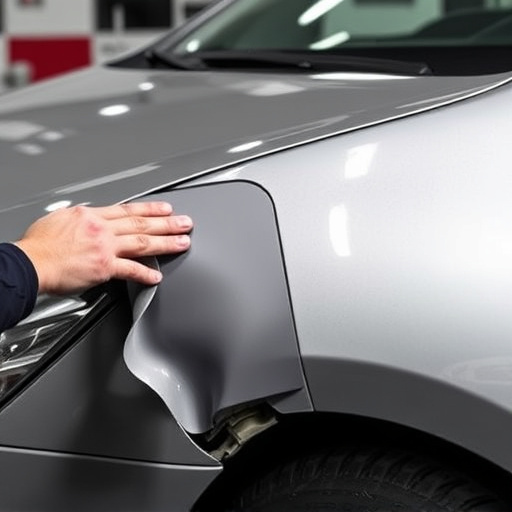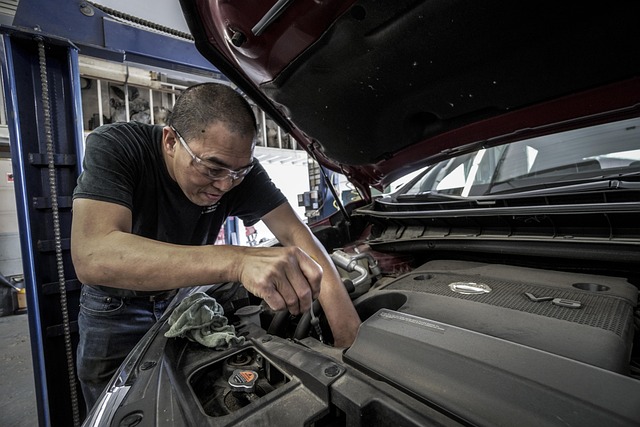Understanding your insurance repair warranty is key when disputing denied coverage. This document, varying among policies, outlines covered repairs post-accident, including specifics on included damages (like frame straightening) and exclusions (such as painting done outside network providers). Knowing your policy's guarantees empowers you to effectively challenge denied claims by preparing documentation like repair estimates, shop quotes, and communication records with your insurer.
Unsure about denied warranty repair coverage? This guide is your compass. Understanding your insurance repair warranty is the first step—knowing common coverage areas and how denials occur. Next, learn to gather robust evidence, from photos to policy documents, to bolster your claim. When faced with a denial, navigate it wisely: review denial reasons, prepare a strong case based on policy terms, and explore appeals processes. Equip yourself with knowledge and reclaim the repair coverage you’re entitled to.
- Understanding Your Insurance Repair Warranty
- – Define insurance repair warranty and its common coverage areas
- – Explain how and when warranties are denied
Understanding Your Insurance Repair Warranty

Understanding your insurance repair warranty is a crucial first step when challenging denied coverage. This document outlines the scope and limitations of repairs covered under your policy after an accident. It’s essential to review it thoroughly, as different policies vary in their terms and conditions. Look for details on what types of damages are included, such as frame straightening or car body restoration, and any exclusions, like auto body painting done outside of the network providers.
Knowing what your insurance company guarantees can empower you when disputes arise. If a denied claim involves repairs falling within the defined coverage, you have a solid case to challenge the decision. Be prepared with all relevant documentation, including repair estimates, shop quotes, and communication records with your insurance provider, as these will be vital in supporting your appeal for warranted coverage.
– Define insurance repair warranty and its common coverage areas

An insurance repair warranty is a promise by an automotive manufacturer or dealer to cover the cost of repairs for specific parts and labor within a certain period after the purchase of a vehicle. This warranty typically covers defects in materials or workmanship that arise due to normal use. Common areas of coverage include engine components, drivetrain systems, brakes, electrical systems, and sometimes even paint and finish in the case of new cars. For pre-owned vehicles, the scope may vary based on age and mileage at the time of purchase.
Understanding what is and isn’t covered under an insurance repair warranty is crucial when it comes to protecting your investment. While warranties often exclude damage from accidents, neglect, or alterations, they can be a game-changer in terms of auto detailing and bodywork repairs, such as those needed for a Mercedes Benz repair. Knowing your rights and the specifics of your coverage can help ensure that you receive the necessary services without additional financial strain.
– Explain how and when warranties are denied

Warranties are often denied when a product or service does not meet the specified terms and conditions outlined in the insurance policy. This can happen for various reasons, such as incorrect usage, lack of proper maintenance, or pre-existing damage. When it comes to vehicle repairs, especially in cases of collision or automotive repair, insurance companies carefully assess claims to determine if the repair costs are covered under the warranty. For instance, a simple fender bender might not trigger warranty coverage for a new paint job, as it’s considered more of a cosmetic fix rather than a necessary repair.
In the case of denied warranty claims, especially for collision repairs like vehicle dent repair, consumers should review their policy documents thoroughly to understand the exclusions and limitations. Some insurance providers have specific criteria for what constitutes an insurable event, and it’s crucial to ensure that your claim aligns with these parameters. For example, a deductible might apply, meaning you’ll need to pay an out-of-pocket amount before the insurance repair warranty kicks in. Understanding these nuances is key to navigating denied warranty claims effectively and ensuring you receive the coverage you’re entitled to for essential repairs like collision or automotive restoration.
Challenging a denied insurance repair warranty can be a complex process, but knowing your rights and understanding the specific reasons for denial are crucial steps. By reviewing the terms of your policy, gathering evidence, and presenting a clear case, you can effectively navigate this process. Remember, staying informed about your coverage and proactive communication with your insurer are key to ensuring fair repair or replacement when needed.














